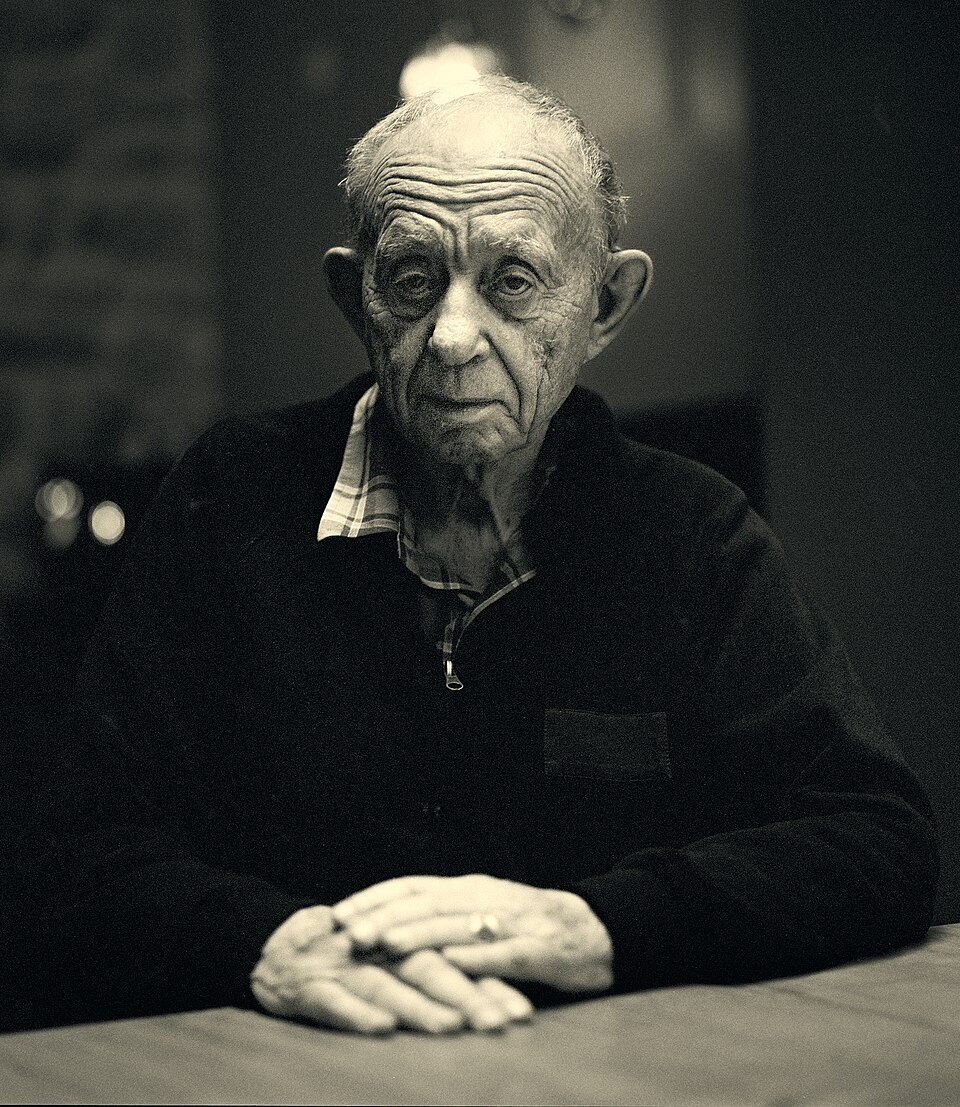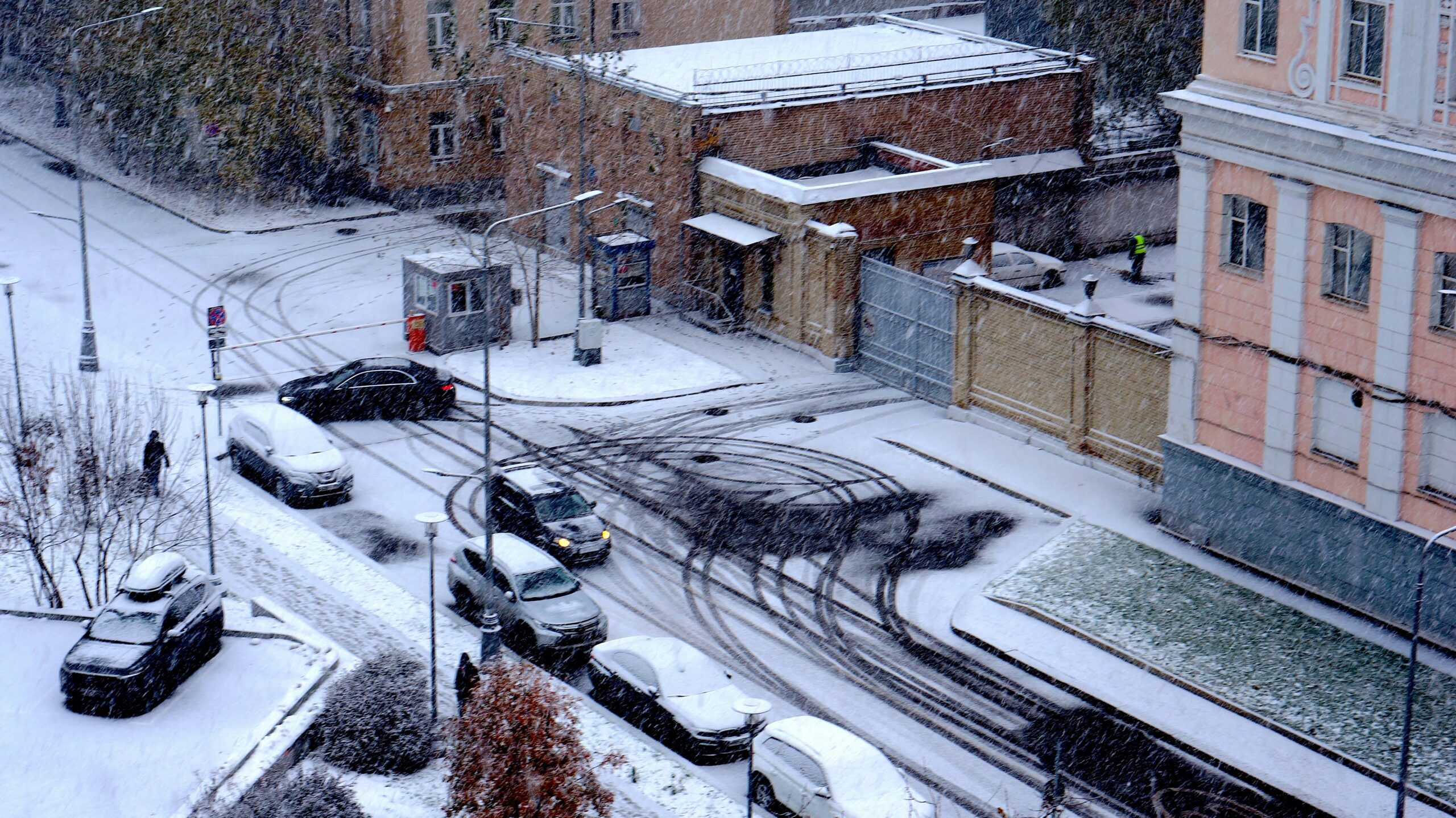Richard Powers Makes Your Brain His Playground
December 3, 2024

Spoilers throughout. Deserved spoilers, maybe even a tad vengeful, because Playground humbled me on so many levels at once.
First and most happily, Richard Powers’s descriptions of the strange, almost unfathomable beauty beneath the sea are the most lyrical and engaging I have ever read. As a boy, he wanted to be an oceanographer, and now he has used ink to take us with him.
Second, the book quietly fills huge gaps in my knowledge of the world. For that reason, it is difficult to enter, frontloading dense descriptions of Makatea, a Polynesian island. Its people, Powers reminds us, were the world’s greatest seafarers, paddling their canoes across a third of the globe more than a thousand years before the West’s ships managed a single crossing. “Even without writing, they had dispersed through an ocean larger than all the continents combined and settled every inhabitable speck of land in it, specks scattered like stars in a mostly empty universe.” (I suspect he also grew up wanting to be an astrophysicist.)
Third, Playground complicates my sense of play, letting it unfold in the usual way, in games of chess and GO, but also in art, in other species’ mysterious behavior, in other cultures, in the light heart of a ninetysomething oceanographer—and in AI. Which brings me to the final humbling, the painful one.
Worried that I had only half-grasped the twist at the end of the book, I went online. On Reddit, several people had complained that the Chicago section of the book got Black people wrong—they don’t talk like that. I remembered the slang feeling a little over the top but had assumed it was just Rafi, the Black poet, gigging his rich White friend Todd by exaggerating his speech. Geez, I thought now, everybody overreacts these days. And on I went.
Several reviews warned of spoilers but, joke on them, had not grasped the ending at all. Finally I found a brave reviewer in The Atlantic, Randy Boyagoda, who not only understood exactly what Powers was doing but felt fine about offering a spoiler, “because revealing Powers’s destination serves his potential readers by placing fewer demands on their patience than he does.”
(If your patience is ample, leave now.)
The fact that Todd, a tech savant, had used AI to pretend his friend Rafi was still alive—that much I had eventually figured out. The italic sections that seemed so clear and straightforward, written in Todd’s voice, are not Todd talking to us, his readers. They are Todd talking to the AI, coaching it through the story. But I was too sad realizing Rafi was dead to think this through. Because by using AI to resurrect his friend—feeding AI his memories, documents, photos, and social media but also everyone else’s, to sharpen its capacity—Todd had created a novel that mined all our (and presumably his) biases. The Black dialogue was off, because that was the best deduction AI could make about how Black people talked. The islanders were described in romantic, worshipful cliches because that was what AI found.
Powers salted his novel with distortions to show us how AI sees us, based on what we perceive and then feed AI. “The AI-generated components are incoherent, cliched, cloying, and condescending,” writes Boyagoda. “But suddenly, all of that makes sense, because the author has constructed a Powersian hall of mirrors: a novel that imagines what a novel might look like if it were composed by an AI developed by a misanthropic genius loner.”
This is revealed, enigmatically, at the very end of the book, and now of course I wanted to go back and reread the whole damned thing. Then I could enjoy all the beautiful bits again, like deep-sea diving with Evie Beaulieu: “The sea buoyed her, like warm silk on her bare arms and legs. She hung suspended in the middle of reefs that mounded up in pinnacles, domes, turrets, and terraces. She was a powerless angel hovering above a metropolis built by billions of architects almost too small to see.”
Once underwater, I could watch the dancing cuttlefish play: “His arms pinwheeled, then drew in. They stabbed out in opposing directions, like some choreographed move by Martha Graham. He cycled through postures that biologists claimed were only used for competition or display—without a competing creature in sight but the single human he meticulously ignored. His entire body blanched as white as Antarctica, and he knotted himself into a wild warrior pose. Spiky goose bumps erupted all over his skin, which then burst into flame.” Think of a kid playing a ferocious basketball game all by himself, dribbling around pretend opponents, shooting, pretend-blocking, shooting again, swish. Same impulse.
Surfacing, I would see the parallels Powers might be drawing to our nation’s hottest debates: “Every human heart imagines God a different way. A way just right for that imaginer.” “Facts do little to alter a person’s temperament.” “Hope and truth could not be reconciled.” He tells us what it means to be a human being: “We make things that we hope will be bigger than us, and then we’re desolate when that’s what they become.”
Powers counters his own pessimism, though: “There was so much to life, too much, more than Beaulieu could do justice to, more than any living thing could guess at or merit. She loved it all, even humans, for without the miracle of human consciousness, love for such a world would be just one more of a billion unnamed impulses.” Besides, “bliss was so simple. Just hold still and look.”
Look long enough to care about the microplastics in the ocean and the greed and exploitation on dry land. Then think again about politics, and what a nation might look like if enough power were held by misanthropic genius loners who never held still, and what culture might look like if its stories came from AIs developed by those misanthropic genius loners….
Playground does more than humble and delight. It shakes us by the shoulders.
Read more by Jeannette Cooperman here.








